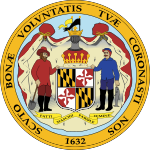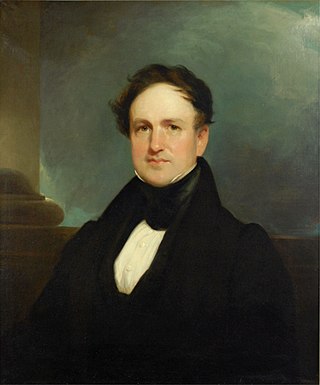
Benjamin Chew Howard was a Maryland politician and lawyer. After serving on the city council of Baltimore in 1820 and in both houses of the Maryland legislature, he was a Representative in the United States Congress from 1829 to 1833, and from 1835 to 1839. He was thereafter the fifth reporter of decisions of the United States Supreme Court, serving from 1843 to 1860.

Joseph Kent was an American politician and planter who was a United States Senator from Maryland, serving from 1833 until his death in 1837. He also served in the House of Representatives, representing the 2nd congressional district of Maryland from 1811 to 1815 and again from 1819 to 1826, and as the 19th Governor of Maryland from 1826 to 1829.

Robert Goodloe Harper was an American soldier and politician. He was a member of the United States Senate from Maryland, serving from January 1816 until his resignation in December of the same year. He also served in the South Carolina House of Representatives (1790–1795), the U.S. House of Representatives from South Carolina (1795–1801), and in the Maryland State Senate. He is best remembered for the phrase, "Millions for defense, but not one cent for tribute" in connection with the XYZ Affair. The town of Harper, Liberia, is named after him.

The 1828–29 United States House of Representatives elections were held on various dates in various states between July 9, 1828, and October 5, 1829. Each state set its own date for its elections to the House of Representatives before the first session of the 21st United States Congress convened on December 7, 1829. Elections were held for all 213 seats, representing 24 states.
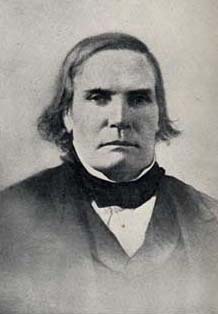
Jesse Burgess Thomas was an American lawyer, judge and politician who served as a delegate from the Indiana Territory to the tenth Congress and later served as president of the Constitutional Convention which led to Illinois being admitted to the Union. He became one of Illinois' first two Senators, and is best known as the author of the Missouri Compromise of 1820. After his retirement from the U.S. Senate in 1829 he lived the rest of his life in Ohio.
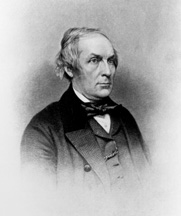
James Cooper was an American lawyer, soldier, and politician, who served in the United States Congress.
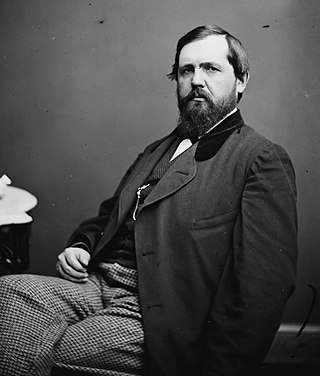
Edwin Hanson Webster was a U.S. Congressman from Maryland, serving the second district for two terms from 1859 until 1865.

Francis Thomas was an American politician who served as the 26th Governor of Maryland from 1842 to 1845. He also served as a United States Representative from Maryland, representing at separate times the fourth, fifth, sixth, and seventh districts. He also served as United States minister to Peru from 1872 to 1875, and speaker of the Maryland House of Delegates in 1829.
Benjamin Edwards was an American merchant and political leader from Montgomery County, Maryland. He represented the third district of Maryland for a very short time in the United States House of Representatives in 1795 after Uriah Forrest resigned.

Adam John Glossbrenner was a Democratic member of the U.S. House of Representatives from Pennsylvania.
Littleton Purnell Dennis was an American politician who served in the United States House of Representatives, Maryland House of Delegates, Maryland State Senate, and in the Maryland Executive Council.
Christian Tarr was a member of the U.S. House of Representatives from Pennsylvania.
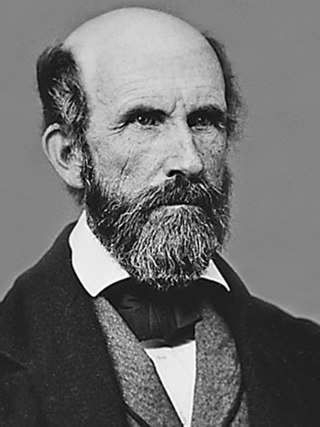
Benjamin Gwinn Harris was a U.S. Representative from Maryland.
Elias Brown was a U.S. Representative from Maryland.
Peter Little was a U.S. Representative from Maryland.
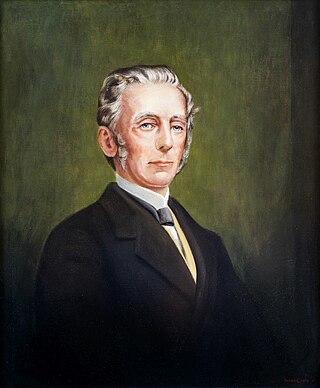
William Fell Giles was a United States representative from Maryland and later a United States district judge of the United States District Court for the District of Maryland.
Thomas Holdsworth Blake was an American politician who served as a United States Representative from Indiana from 1827 to 1829.

David Tiernan Disney was a U.S. Representative from Ohio for three terms from 1849 to 1855. He also served as Speaker of both the Ohio State Senate and the Ohio House of Representatives.

The following is a list of federal, state, and local elections in the U.S. state of Maryland and can refer to one of the following elections:

New Hampshire elected its members March 10, 1829 after the term began but before Congress convened.
This page is based on this
Wikipedia article Text is available under the
CC BY-SA 4.0 license; additional terms may apply.
Images, videos and audio are available under their respective licenses.
